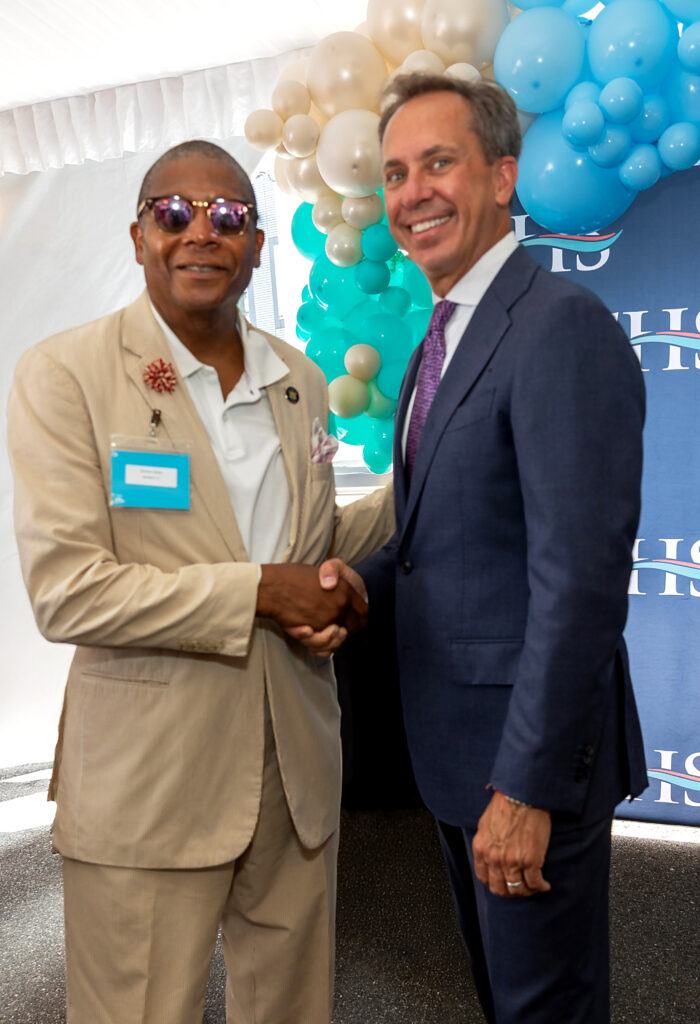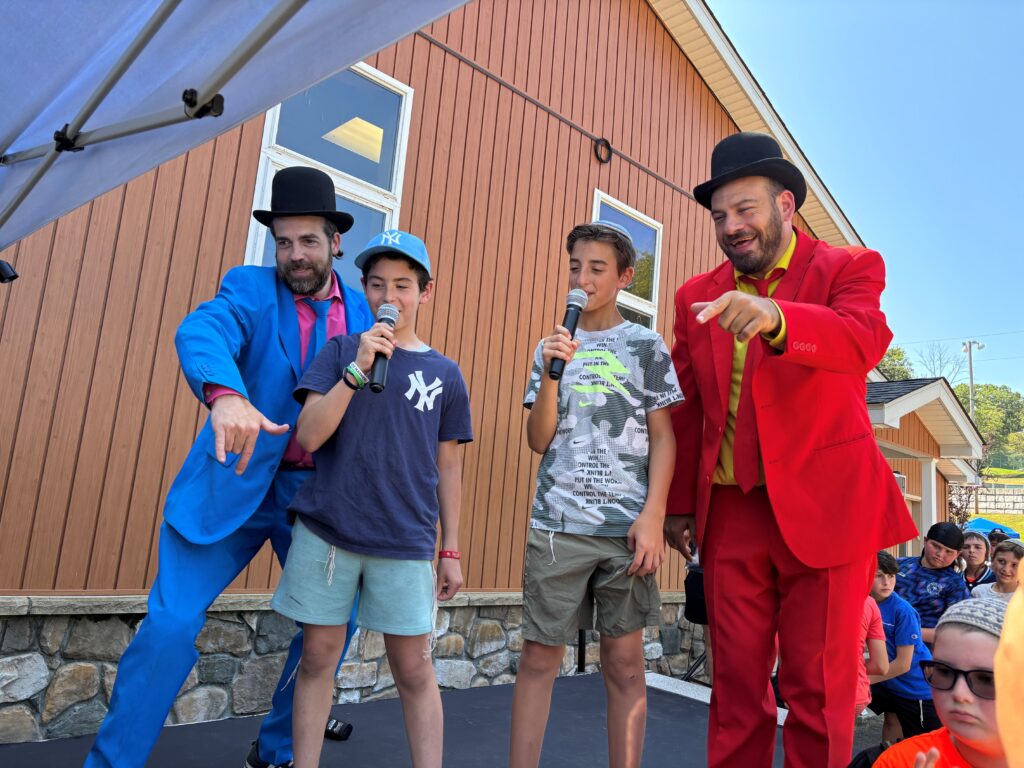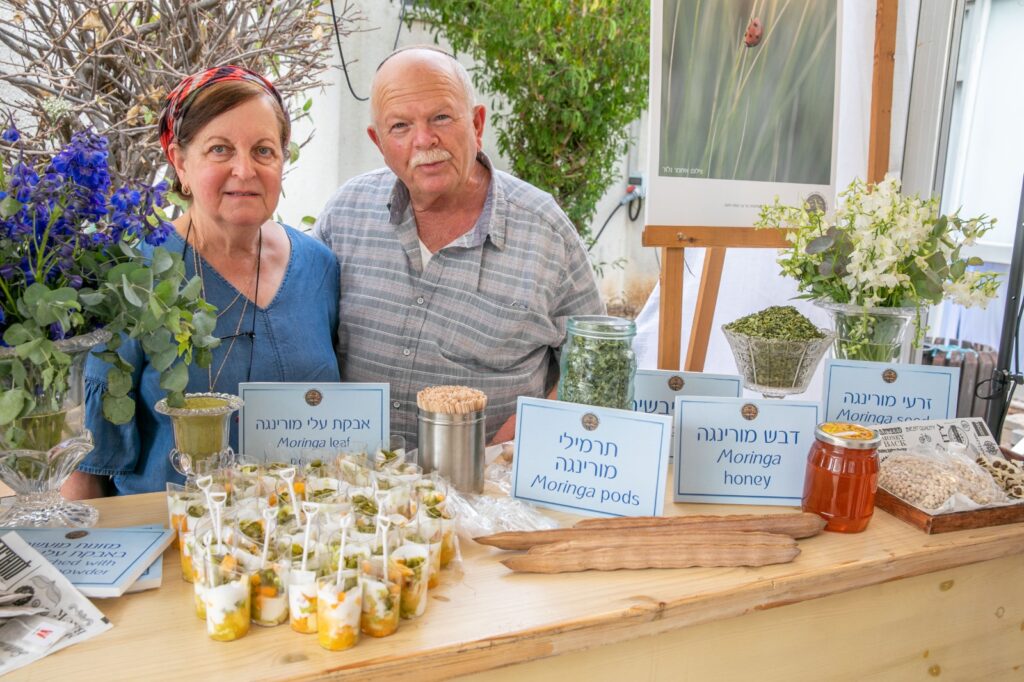Bearing Witness: Reflections From Ohel’s 4th Annual Bereavement Retreat
By Esther Asher
“A club that no one wants to belong to,” is how one parent describes the group that attended Ohel’s Fourth Annual Bereavement Retreat for parents who have lost an adult child.
As participants arrived, one could feel the apprehension of those who were attending the retreat for the first time and the comfort of those who have attended previously. Every parent came with their own story and their own process. As Shabbos began and the candles were lit, I looked around the room and saw parents from different backgrounds, walks of life, and levels of observance. But in that moment, none of those differences mattered. A room full of parents who may never have met under other circumstances but bound by an unspoken understanding. As one participant so eloquently reflected “It was the fresh flowers on the table—all different shapes, colors, and kinds—just like us. Ashkenaz, Sephardi, Chassidish, Litvish, Israeli, American. And yet, we were one bouquet. Each flower carrying her own fragrance of love, of grief, and of memory.”
Dr. Norman Blumenthal often reminds us that“There is no one way to grieve—It requires safety to be exactly where we are.”
This retreat provided that space. Later, on Friday night, a deeply honest panel took place. Each parent shared their personal journey through grief, with rawness and courage. When the panel ended, not a single person left the room. It was well past midnight, and yet, everyone remained—well into the early morning hours. Some spoke. Some sat in silence. Some held their tears quietly; others let theirs fall freely. But each person, in their own way, showed up—and was held.
Healing doesn’t always happen in a therapist’s office. Sometimes, it happens in a room where no one leaves—allowing those to express how they feel and to honor their individual experiences.
On Shabbos morning, Dr. Blumenthal gave his keynote presentation. The silence in the room was palpable as every person hung on his words. As one participant shared: “His talk on presence and absence, on remembering and enduring, pierced through every layer of my being. His words weren’t off a page. They were from the heart. They were from the (deep place)—that place inside a person that only someone who truly cares can speak from. That talk didn’t just inspire me. It validated me. He gave me permission to just be.”
As the afternoon continued, I had the privilege of facilitating two groups. I was humbled by the stories that were shared, by the ability for parents to carry the profound pain of the death of a child, while at the same time supporting others. The silent nods, the ability to hold space for others. Each parent’s story sacred, honoring their loved ones.
The evening concluded with a Yizkor ceremony honoring all 54 children. The mood was reverent. Tears flowed freely as each parent listened intently for their child’s name to be read aloud. The silence that followed each name held a weight that words could not capture—a silence filled with longing, with memory, with love.
And then, we had dinner.
The pain had not disappeared but the energy in the room shifted. Slowly, laughter returned. Conversations emerged. The pain existed alongside the laughter, not in opposition to it, but as part of the complex reality of grief.
The night ended quietly, but with a moment that will stay with me.
A mother approached, gently took my hand, and said, “I want you to meet my son.” We walked to the memorial board, where photos of all the children were displayed. She pointed to one. “This is my Yitzy.”
For the next hour, we sat together as she told me about him—his kindness and his dreams. Her eyes glowing with pride as she spoke. And in that hour, Yitzy became real to me—not just a name, not just a photograph, but a vivid presence held lovingly.
Over the weekend, there were many moments when we were witness and invited into sacred spaces of pain and remembrance. This was one of them. It wasn’t therapy in the traditional sense—no interventions, no frameworks. It was simply presence. Honoring the stories that keep a person alive in the heart of another.
Sometimes, the most healing thing we can offer is our presence—unhurried, undistracted, and willing to simply listen. That night reminded me how much it matters to say a name out loud. To tell the stories. To make sure that a life once lived is still seen.
It was a privilege to meet Yitzy.
Esther Asher is Assistant Director of Ohel’s Trauma team. This was her first experience attending a bereavement retreat.
This retreat was made possible by the Ohel Zachter Family National Trauma Center.














